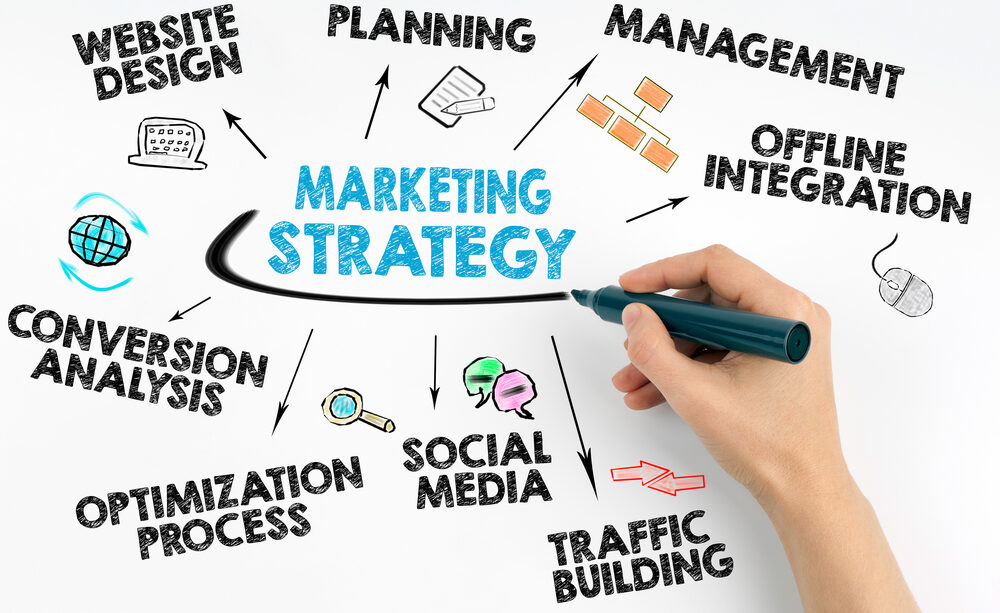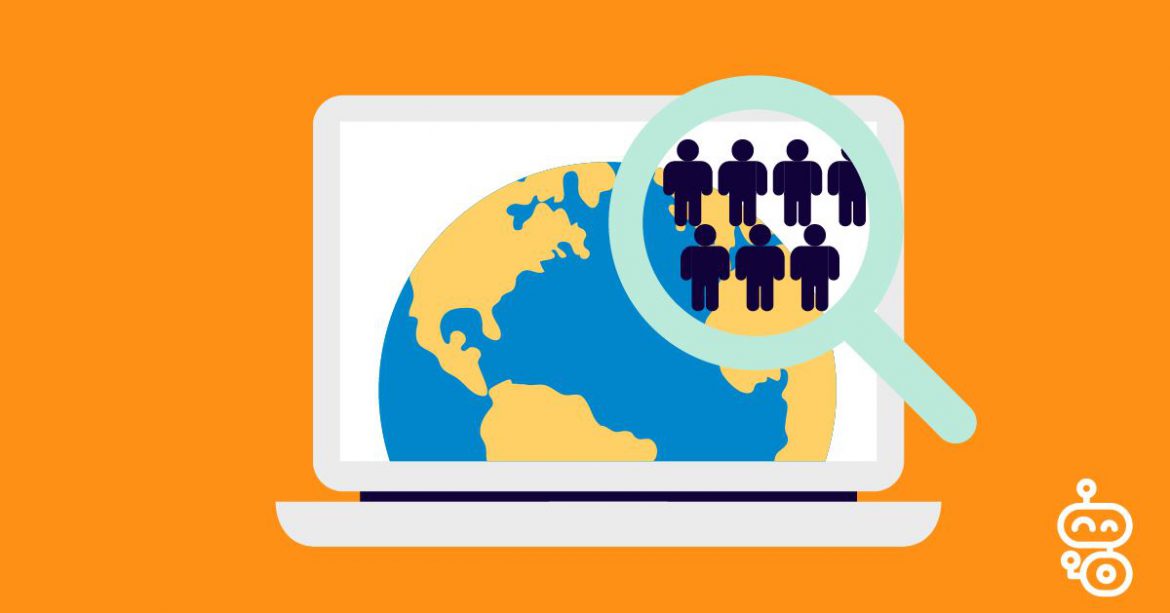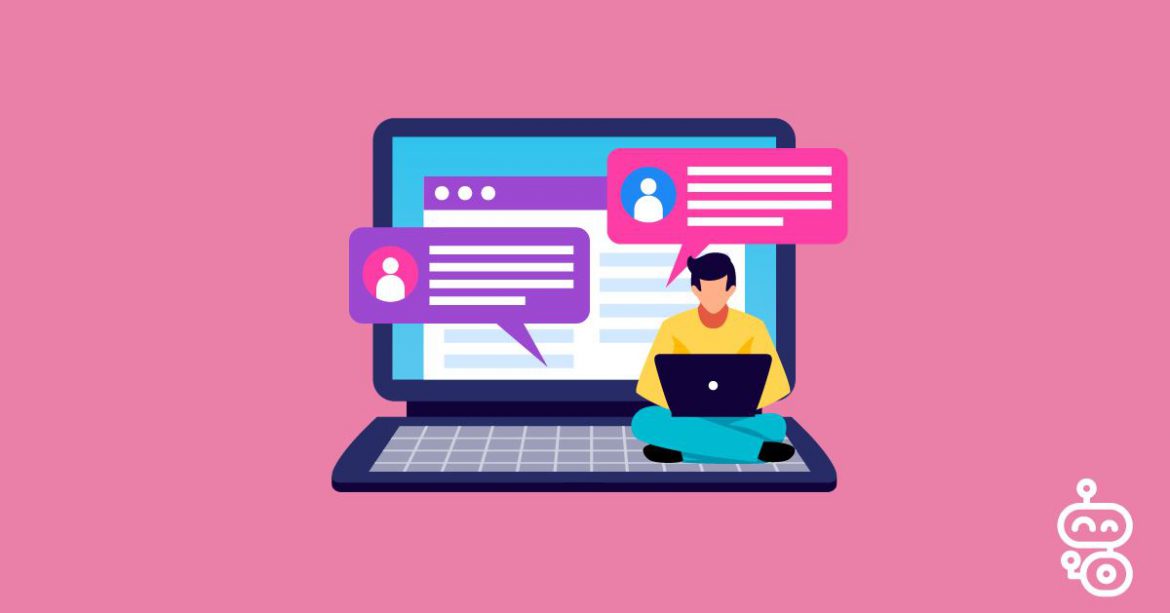AI Marketing Strategy: Everything You Need To Know
In digital marketing, Artificial Intelligence (AI) is turning out to be an incredible tool that holds a lot of power. As a marketing expert, I’ve witnessed firsthand how AI-driven solutions like Robotic Marketer are revolutionizing the field, offering bespoke strategies that stand in ...
Leveraging End-to-End AI for Marketing Success: The Power of Robotic Marketer and ChatGPT part 2
In the ever-evolving field of marketing, where innovation and adaptability are key, we delve into the substantial benefits of harnessing AI throughout your marketing endeavors. AI Marketing, AI Marketing Strategy, and Digital Transformation Leveraging AI are not mere buzzwords; they are the ...
Revolutionizing Marketing Strategies with Artificial Intelligence: Insights from American Express
American Express, business case for AI American Express, in a recent article, shed light on the transformative power of Artificial Intelligence (AI) in reshaping marketing landscapes. Among the groundbreaking technologies highlighted, Robotic Marketer takes the spotlight, symbolizing the ...
Planning Your 2024 Marketing Strategy with Robotic Marketer: A 6-Week Roadmap for Small to Medium-Sized Businesses
In the on-going business whirlwind, a clear marketing strategy isn’t just a guide—it’s your secret weapon against fierce competition and constant change. As we stand on the precipice of a new year, small to medium-sized businesses (SMBs) are gearing up to chart their marketing ...
The Power of a Well-Defined Marketing Strategy: Unlocking Sales
In business, where change is your constant companion and competition is your relentless adversary, a well-defined marketing strategy becomes a distinction between exponential growth and mere survival. Yet, surprisingly, many businesses either lack a documented marketing strategy or have one ...
A Guide To Data-Driven Marketing Strategies
What is data-driven marketing? Data-driven marketing is a strategy that focuses on the approach of optimizing brand communications based on customer information. This looks at how consumer behavior has changed over the recent years with the help of technology, allowing consumer data to be ...
Increase Market Control with Strategic Alliances
Strategic alliances maneuver your business toward increased sales and greater brand awareness in the market. Navigating these arrangements with complementary businesses can be difficult, however, they are quintessential in the strategic process.
Sinking in a Sea of Customers? Swim with CRM
CRM is a strategic approach to detailing and maintaining relationships with current and potential customers. Proper use of CRM tools streamlines your customer pipeline and pivots your business toward success. Let’s take a deeper dive.












